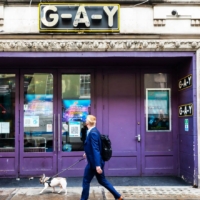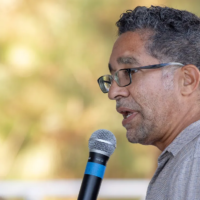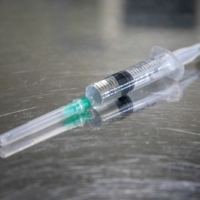Making Blood Donation More Inclusive
Ayako Miyashita Ochoa of the UCLA Luskin Social Welfare faculty spoke to ABC News about the lifting of restrictions that had prevented gay and bisexual men from donating blood. The strictest U.S. Food and Drug Administration rules, dating to the early days of the HIV/AIDS epidemic, were based not on an individual’s risk but on belonging to a specific group. These policies were “incredibly blunt” and furthered stigma and discrimination, Miyashita Ochoa said. Now, a single risk-assessment tool that includes questions about sexual health is used for all would-be donors. While some may feel uncomfortable answering questions about sexual activity, “these questionnaires are intended to keep our blood supply safe,” Miyashita Ochoa said, adding that the rule changes promise to reduce stigma and encourage more people to donate. “I think that we are moving to a place where our policies are reflecting better the science and certainly our expectations as a society to not discriminate,” she said.









Leave a Reply
Want to join the discussion?Feel free to contribute!